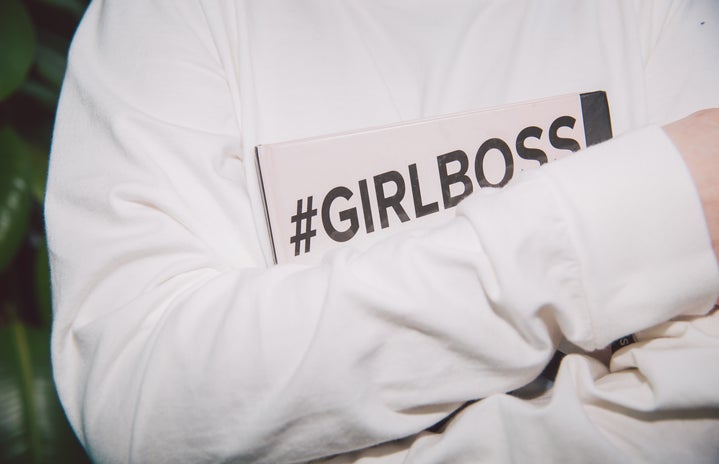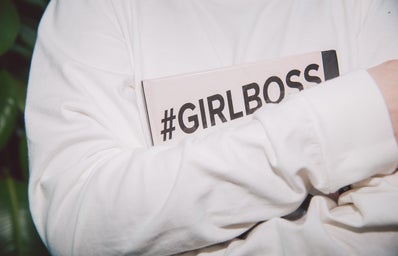“I’m Just a Girl” by No Doubt currently has 43.8k posts under it on TikTok. It’s a song I’ve loved for years for its passive-aggressive response to the coddling of women in society, so I have to laugh when the videos using this song are all about using “I’m just a girl” as an excuse for helplessness. The trend of tacking on “girl” to things or experiences that can be relatable has been huge in the past year, and while it started as a funny bit, its perseverance and lack of critique has become concerning. Feminism is in a strange place right now, while it feels like we are at an all-time high of cultural gender equality, we are also losing our abortion rights and sexual assailants have prominent government roles. As a result, I have become increasingly critical of gendered trends and how they may affect social perspectives on gender. Below I’ve compiled a list of some of these trends that have stuck out to me as possibly having misogynistic undertones:
- “Girl Dinner”
-
“Girl dinner” is used when talking about the tiny snack meals cobbled together instead of a real dinner. Societal expectations of women have always demanded thinness, promoted by dangerous diets and unhealthy eating habits. I worry that showing off small, non-nutritious meals can start to represent disordered eating.
- “Girl Math”
-
This is almost always in reference to shopping. Some examples I’ve seen are “Girl math is making money when returning something” or “It’s free when you use cash.” However, the underlying joke can enforce the idea that women are bad at math and are poor at managing money.
- “I’m Just a Teenage-Twenty-Something”
-
For all the criticism social media feminists have of how men infantilize us, we seem to be proving their point. Women are still fighting to be taken seriously, and while the jokes are fun we can’t forget how it can impact real-world views.
- “The Ick”
-
Can we talk about the ick? How many of these icks are actual things men do that are corny, like buying a big bouquet of roses and a teddy bear for Valentine’s Day (seriously, do you actually know her or do you think that’s what every woman wants?) vs. things that make men seem weak. Some popular examples I see are when a man trips or dances. In equating men having fun or being vulnerable/weak as something gross, subconscious gender expectations emerge and toxic masculinity is reinforced.
- “Female Rage”
-
“Female rage” is used to describe the frustration that comes with a hair being out of place, messing up your eyeliner, or “trying to blow dry your hair the correct way” (all real posts I’ve seen). This trend started with good intentions, criticizing how many “best acting” compilations are just clips of men yelling. Then it became something to show that women are angry and are allowed to be angry; we all liked that popular sound that compiled clips of women yelling in movies. And then my least favorite thing about TikTok happened, and it got watered down. So watered down that it became meaningless, and what was very briefly thought of as empowering became something frequently used about failing to meet beauty standards and feeling anger at petty things.

I don’t want to come off as the feminist who thinks she’s better than other women, and this article is entirely my own opinion. I understand the argument that it’s nothing deeper than silly internet memes, or that the trend can be seen as empowering instead of misogynistic. I’m just starting to get bugged about how few seem to see anything wrong with this. I find that the issue is jokingly equating traditionally feminine things with incompetence. Memes don’t exist in an internet bubble, they can reflect real-world gender norms and bleed into negative perceptions of women. One concerning example of this is the growing group of social media “tradwife” influencers who explicitly promote traditional gender roles and submission to men. I don’t want to kill our fun, I simply want to make sure we’re allowing ourselves to be taken seriously.
Can’t get enough of HC UMass Amherst? Be sure to follow us on Instagram, listen to us on Spotify, like us on Facebook, and read our latest Tweets!



